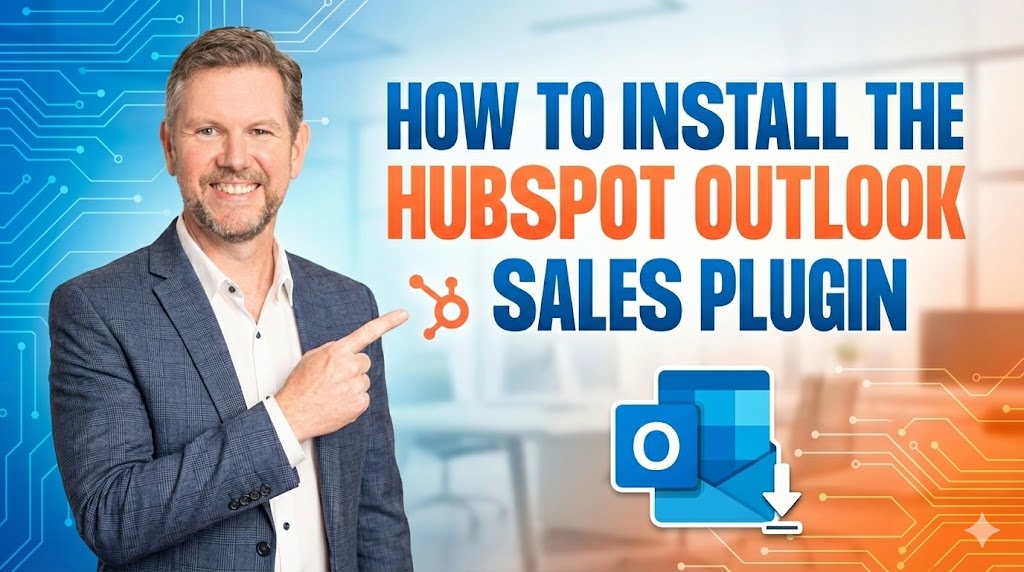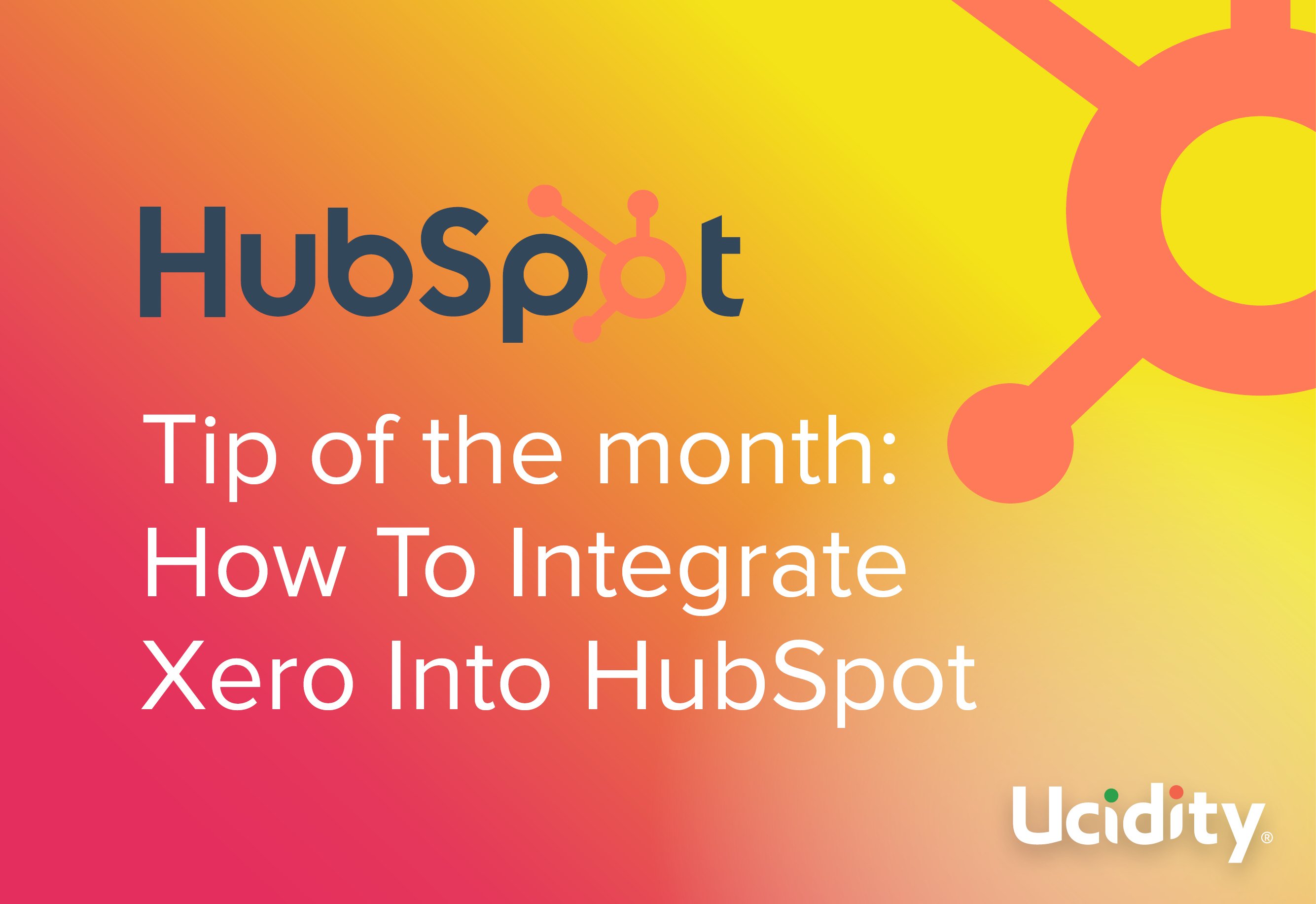
Content Marketing | 5 min read
In today’s dynamic business world, customer preferences evolve swiftly, and market landscapes shift rapidly; effective marketing is no longer just about pushing out advertisements and hoping for the best. It's about deeply understanding your customers, anticipating their needs, and crafting resonating personal experiences. This is where Customer Relationship Management (CRM) systems come into play, serving as the nerve centre for your customer data and interactions. But what indeed elevates the game is CRM integrations – the strategic linkages that connect your CRM with other tools and platforms. In this blog, we'll delve into the pivotal role of CRM integrations in marketing, exploring how these integrations can transform your business strategies, enhance customer insights, and ultimately drive success in the competitive market.
In the fast-paced world of modern business, effective customer relationship management (CRM) is crucial for building lasting relationships and driving growth. To enhance the power of CRMs, businesses are turning to CRM integrations, an intelligent way to connect various tools and systems for a seamless and efficient workflow.
CRM integrations refer to connecting your CRM system with other tools, applications, or platforms your business uses. This integration enables the seamless exchange of data and information between these systems, reducing manual effort and increasing accuracy. The goal is to provide a comprehensive view of customer interactions, improve communication, and enhance decision-making processes.
CRM integrations aim to enhance a CRM system's functionality and efficiency by allowing it to interact with other systems, enabling businesses to streamline their processes, improve data accuracy, and provide a more comprehensive view of customer interactions.
CRM integrations can take various forms, ranging from simple data synchronisation to more complex interactions between different software applications. These integrations enable businesses to centralise and leverage customer data, automate processes, and enhance customer experiences.
Let’s take a look at some common CRM Integrations...
Email Marketing Integration
Integration
Connect your CRM with an email marketing platform like HubSpot or Mailchimp.
Benefits
Enhanced Segmentation
By integrating CRM with an email marketing tool, you can create targeted email campaigns based on customer data stored in the CRM. This ensures that your messages are relevant and engaging. In the case of HubSpot, though, there is already an inbuilt email marketing platform, so there is no need to integrate it with another email automation tool.
When your CRM and email marketing platform are integrated, you can leverage customer data stored in your CRM to create more precise audience segments for your email campaigns. This allows you to send highly targeted and relevant content to specific groups, increasing the likelihood of engagement and conversions.
Integrating CRM data with your email marketing allows you to personalise your email content based on recipient information. You can include personalisation tokens, such as the recipient's name, purchase history, or location, making your emails more personalised and appealing.
Integration ensures that the data in both systems remains consistent. If a customer updates their information in one system, the change is reflected in the other, leading to accurate customer insights across platforms.
Personalised Communications
Integrating CRM data with email marketing lets you personalise emails with recipient names, purchase history, and other relevant information, leading to higher open rates and engagement.
Integration enables you to set up automated email workflows triggered by specific actions recorded in your CRM. For instance, you can automatically send a welcome email series to new leads, follow-up emails to contacts who interacted with a specific product, or re-engagement emails to inactive subscribers.
Integrating your CRM (Customer Relationship Management) into your email marketing tool is crucial in enhancing the personalisation of your email messages. Personalised messages are more relevant to recipients, leading to higher open rates, engagement, and conversions. Here's how CRM integration facilitates personalised email marketing.
Automated Workflows
You can set up automated email workflows triggered by specific actions in the CRM, such as sending a welcome email to new leads or follow-up emails based on customer interactions.
Integration can significantly enhance automated workflows by streamlining processes, improving data accuracy, and providing a comprehensive view of customer interactions.
This technique allows for the seamless exchange of data between different systems and tools, ensuring that all relevant information about customers, leads, and interactions is stored in one centralized location. This eliminates data silos and prevents information from being scattered across various platforms.
Automated workflows heavily rely on accurate and consistent data. By integrating CRM systems with other tools, you reduce the chances of data entry errors and inconsistencies. This improves the reliability and effectiveness of automated processes.
When a lead enters the CRM system, integration with other tools can trigger automated workflows that nurture and qualify leads based on predefined criteria. This could involve sending targeted emails, assigning tasks to sales reps, and updating lead scores. Integration enables automated workflows to pull customer data from the CRM, allowing for highly personalized interactions. This might include sending personalized emails, recommending products based on past purchases, or tailoring marketing messages to specific customer segments.
Integration bridges the gap between sales and marketing by ensuring that both teams have access to the same customer data. This alignment enables more effective lead handoffs, better targeting of leads, and coordinated efforts to move customers through the sales funnel.
Unified Analytics
Integrating email marketing with CRM provides a comprehensive view of how email campaigns impact customer engagement and conversion rates, enabling data-driven improvements.
E-commerce Integration
Linking your CRM with an e-commerce platform like Shopify.
Benefits
360-Degree Customer View
Integrating CRM with an e-commerce platform lets you track customer behaviour, including purchase history, abandoned carts, and preferences. This holistic view aids in tailoring marketing and sales efforts. Integrating an eCommerce store with a CRM (Customer Relationship Management) system offers several significant benefits for businesses. This integration enhances customer engagement, streamlines operations, and provides valuable insights.
Doing so also allows you to access a wealth of customer data stored in your CRM. This includes information such as demographics, purchase history, website interactions, preferences, and more. This comprehensive view allows you to create emails tailored to each recipient's unique characteristics and behaviours.
By leveraging CRM data, you can segment your email list into specific groups based on factors like demographics, buying habits, engagement history, and more. These segments enable you to send targeted content that addresses the interests and needs of each group.
Automated Customer Updates
The CRM can be automatically updated when customers place orders or update their information on the e-commerce site. This ensures that sales and support teams have the latest information.
Personalised Upselling/Cross-Selling: With data from e-commerce integrated into CRM, you can identify opportunities for upselling or cross-selling based on customers' past purchases, leading to increased revenue.
Inventory Management
Integrating CRM with e-commerce enables better inventory management, as sales data can be used to forecast demand and optimise stock levels.
Social Media Integration
Integrating your CRM with social media platforms such as Facebook and LinkedIn.
Enriched Customer Profiles
Social media integrations provide additional customer data points, such as their social media activities, interests, and interactions. This information enhances your understanding of customers. Integrating CRM with social media allows you to gather more comprehensive customer data. By tracking social interactions, preferences, and behaviours, you gain deeper insights into your audience, enabling you to create more targeted and personalized marketing campaigns.
Targeted Advertising
With insights from social media integrated into CRM, you can create highly targeted ad campaigns based on demographics, behaviours, and preferences.
Lead Generation
Social media interactions can be captured in the CRM as leads, allowing sales teams to follow up with potential customers who have shown interest on social platforms.
Unified Communication
Integrating social media with CRM ensures that customer interactions on social channels are captured and can be responded to directly from the CRM interface.
the power of CRM integrations cannot be overstated when it comes to transforming businesses and achieving operational excellence. By seamlessly connecting different facets of your organization and enabling data to flow harmoniously, CRM integrations prevent vital information from slipping through the cracks.
The result?
Smoother workflows, enhanced customer interactions, and informed decision-making that propels your business forward.
If you're ready to embark on this journey of optimization and growth, look no further than the experts at Ucidity. Our team is well-versed in the intricacies of CRM integrations, and we're here to guide you every step of the way. Whether you're a small startup or an established enterprise, our tailored solutions can be tailored to align perfectly with your unique business needs.
Reach out to us today for a consultation that's not only enlightening but also free of charge. Let's explore how the right CRM integration can unleash your business's potential. Get in touch with Ucidity and set your business on the path to success!
Published on August 14, 2023

.jpg)
.jpg)

